Many of my female clients are fed up of the traditional methods of balancing hormones and look to me for natural hormone balance. And if you're one who wants to avoid costly surgery or HRT (hormone replacement therapy) you've hit the jackpot in finding my blog post. There are many herbs out there that provide a long list of health benefits for women. Some herbs are good for topical application, while others can be consumed as remedies. Health benefits range from improving your digestive system to helping with PMS symptoms, weight loss and so much more.
Today, we’ll look at the herbs that are ideal for women specifically, and the conditions women suffer from, including low sexual desire and testosterone levels. Plus, we’ll cover how to use each herb for the best results.
1. The Healing Powers of Turmeric
Turmeric is one of the most popular herbs in recent years, thanks to its powerful anti-inflammatory and antioxidant properties. While everyone can benefit from taking turmeric, it’s particularly beneficial for women.
- Endometriosis: Turmeric helps stop endometrial cells from growing, reducing symptoms of this painful condition.
- Menstruation: Helps ease menstrual pains, cramps, and inflammation, making it a great alternative to over-the-counter pain relievers.
- Menopause: Turmeric’s antioxidants restore balance and reduce the severity of hot flashes and other menopausal symptoms.
How to Use: Add turmeric powder to teas, smoothies, or meals. Take it as a supplement or mix it with black pepper and healthy fats (like coconut oil) to enhance absorption.
You can also checkout my Golden milk recipe it's a delicious drink with some impressive health benefits. Loaded with cinnamon, turmeric and ginger, you can already see why this would have such a great impact on your overall health and wellness.
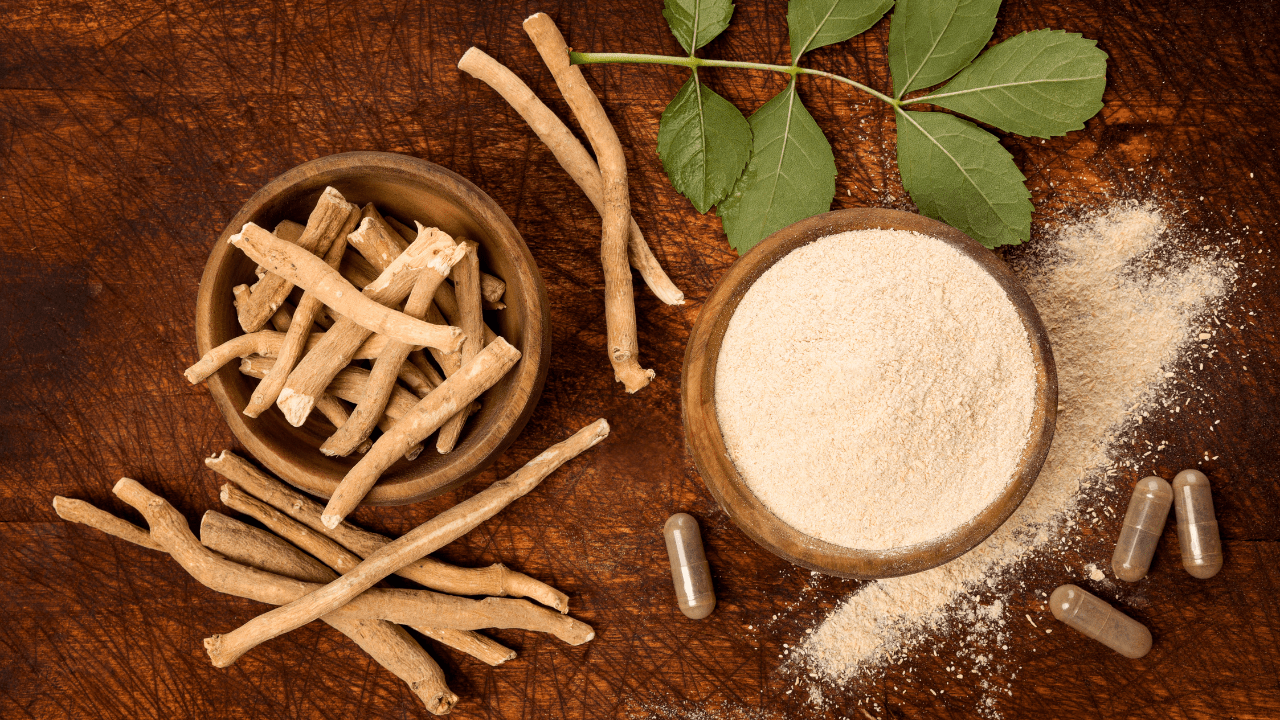
2. The Adaptogenic Herb Ashwagandha
Ashwagandha is an adaptogen that helps balance cortisol levels, reduce stress, and improve overall hormonal health.
- Stress & Hormones: Helps regulate cortisol and prevent stress-related hormonal imbalances.
- Libido & Fertility: Improves sexual health and boosts libido by enhancing blood flow and reducing stress.
- Cognitive Health: Supports brain function and protects against neurological degeneration.
How to Use: Take ashwagandha in capsule, tincture, or powdered form. Add the powder to warm milk or tea for a calming bedtime drink.
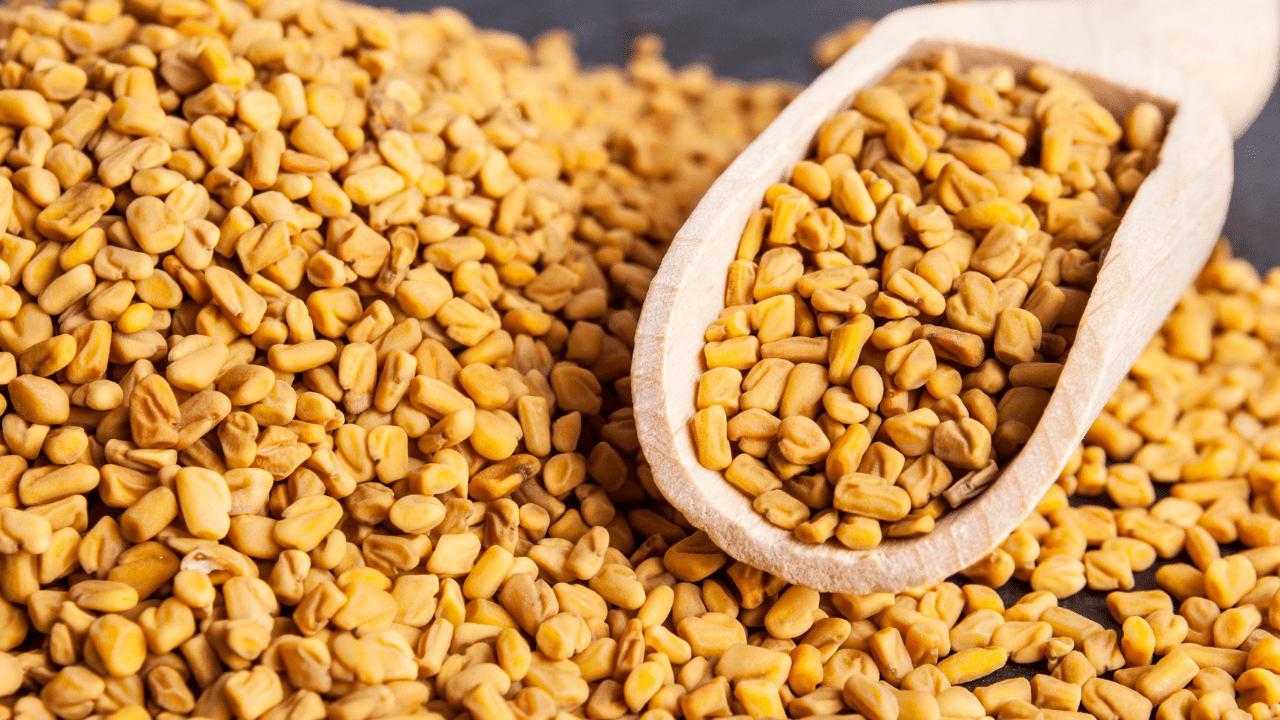
3. Don’t Forget the Fenugreek
Fenugreek is known for its hormone-balancing effects, particularly for women going through postpartum or menopause.
- Milk Production: Acts as a galactagogue, stimulating milk production in breastfeeding women.
- Eating Disorders: Helps increase appetite and motivation to eat.
- Menopausal Symptoms: Contains compounds that mimic estrogen, reducing hot flashes and mood swings.
How to Use: Steep fenugreek seeds in hot water for tea, take in capsule form, or add to soups and dishes.
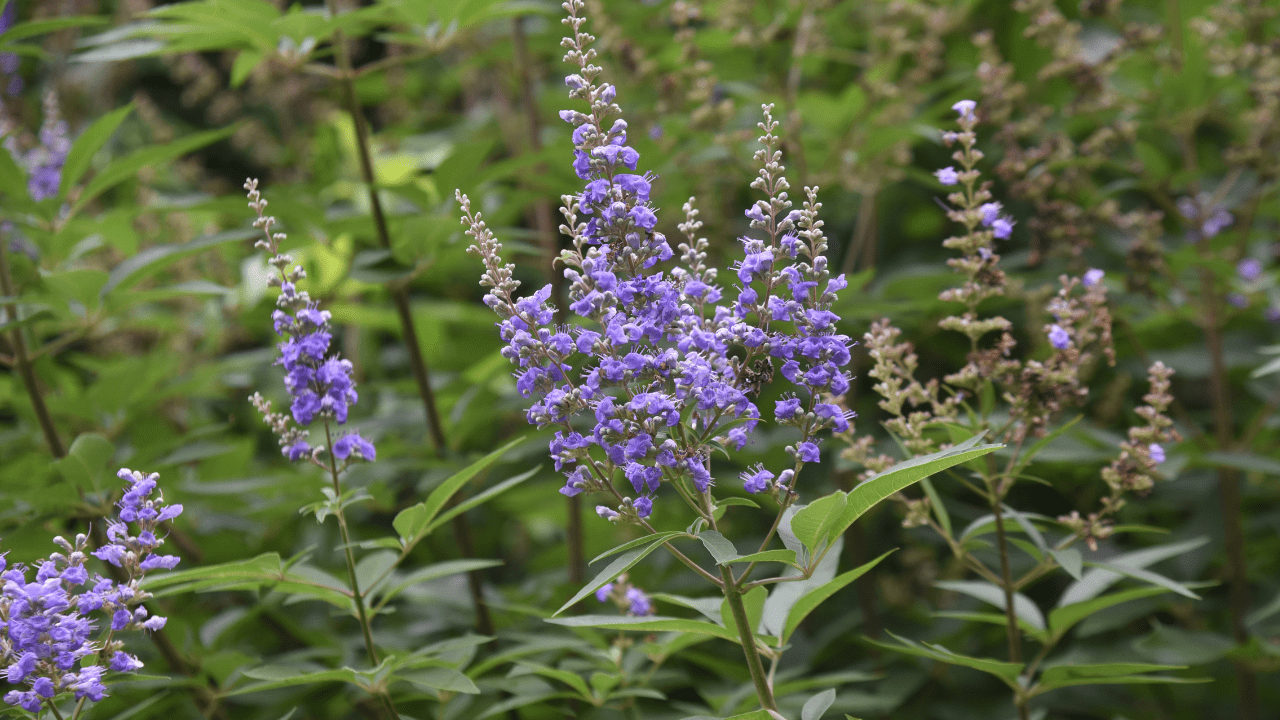
4. Vitex for Fertility and More
Vitex, also known as chasteberry, is a go-to herb for balancing menstrual cycles and alleviating PMS symptoms.
- Menstrual Cycles: Helps regulate periods and supports hormonal balance.
- PMS Relief: Eases symptoms like bloating, mood swings, and acne.
- Menopausal Support: Helps manage hormonal fluctuations in perimenopause and menopause.
How to Use: Take vitex as a supplement, tincture, or herbal tea for best results.
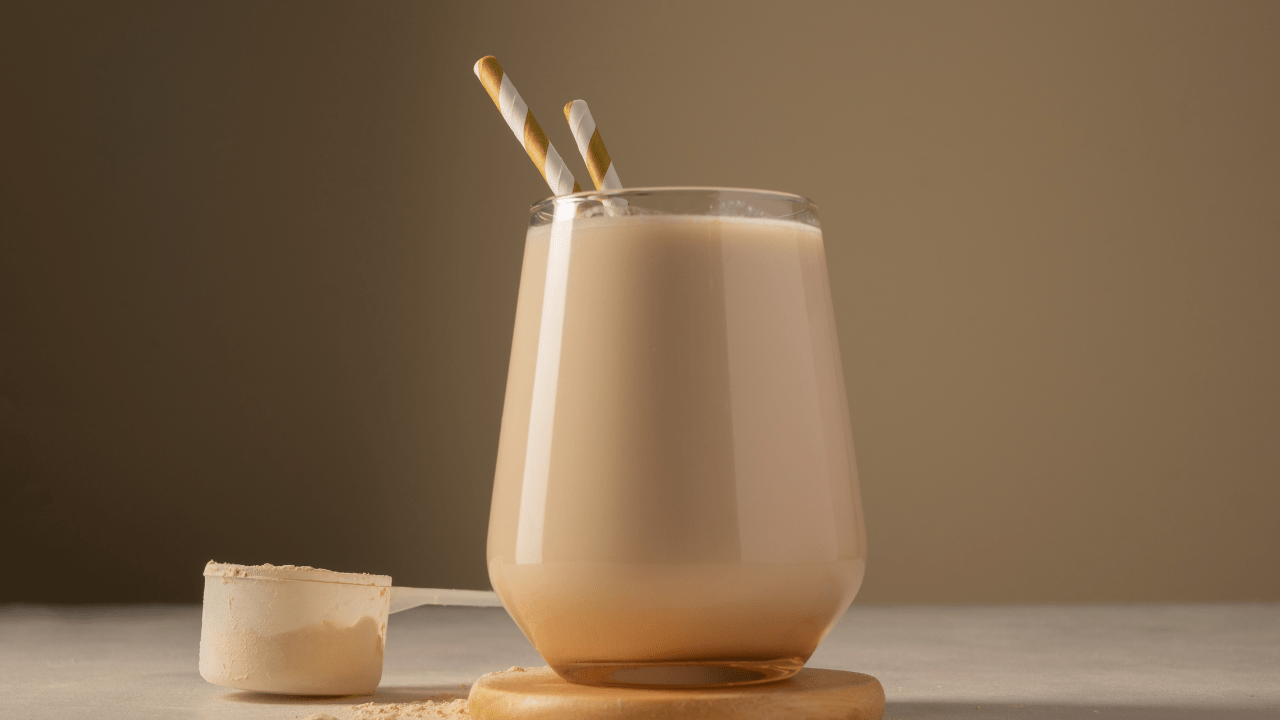
5. Maca Root – The Energy Booster
Maca is a Peruvian superfood that works wonders for hormonal health and energy levels. This is one of my top recommended supplements for natural hormone balance in both sexes.
- Hormone Balance: Supports the endocrine system and naturally balances estrogen and progesterone.
- Increases Libido: Boosts sexual desire and enhances fertility.
- Energy & Mood: Reduces fatigue and promotes mental clarity.
How to Use: Add maca powder to smoothies, coffee, or oatmeal. It’s also available in capsule form.
I couldn't resist giving you the recipe to my Peanut Punch! You can make it daily to increase energy, libido, balance hormones, blood sugar, reduce stress, trim your waistline, and more! To make it all you need is: 2 tablespoons of organic peanut butter, 1/2 teaspoon of cinnamon, 3 teaspoons of maca root powder, 1 ripe banana, 1 cup of almond milk and 1/2 cup of filtered water and voila! Just blend and enjoy!
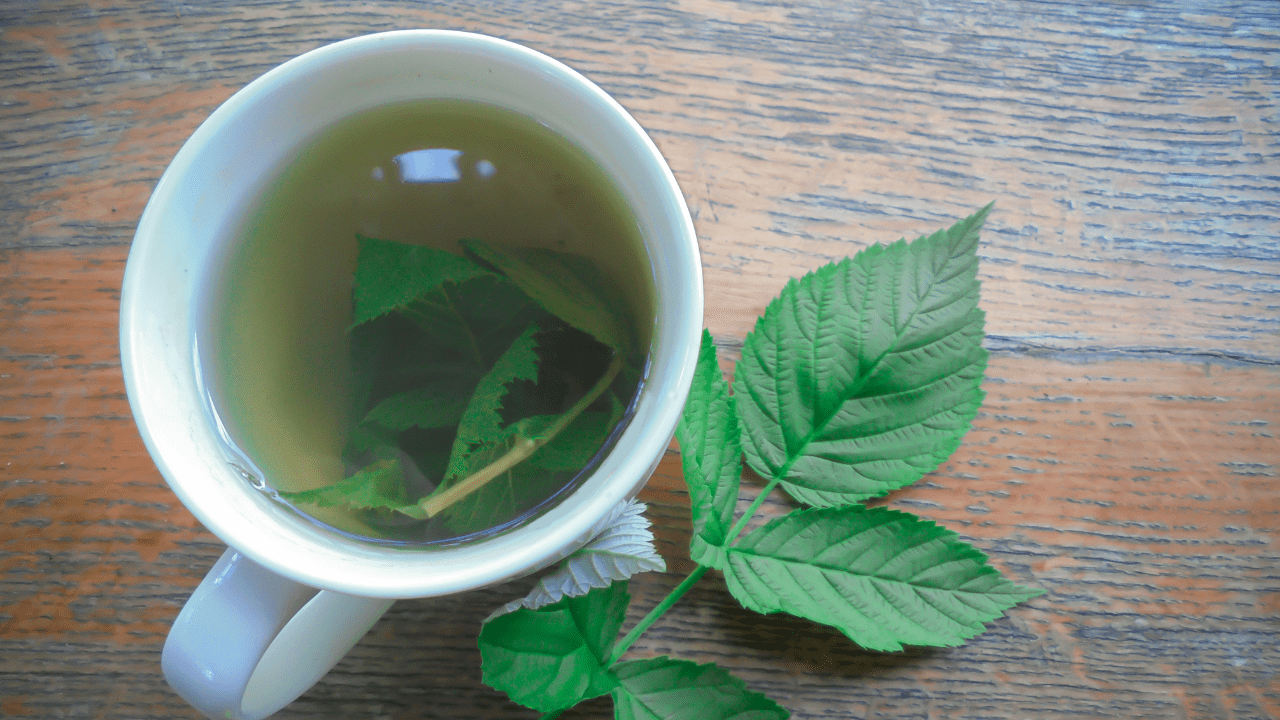
6. Red Raspberry Leaf – The Uterine Tonic
Red raspberry leaf is well-known for its ability to strengthen and tone the uterus, making it a great herb for reproductive health.
- Menstrual Health: Reduces heavy periods and cramping.
- Pregnancy Support: Helps prepare the uterus for labor and postpartum recovery.
- Digestive Health: Supports gut health and soothes inflammation.
How to Use: Brew as a tea or take in capsule form for daily support.
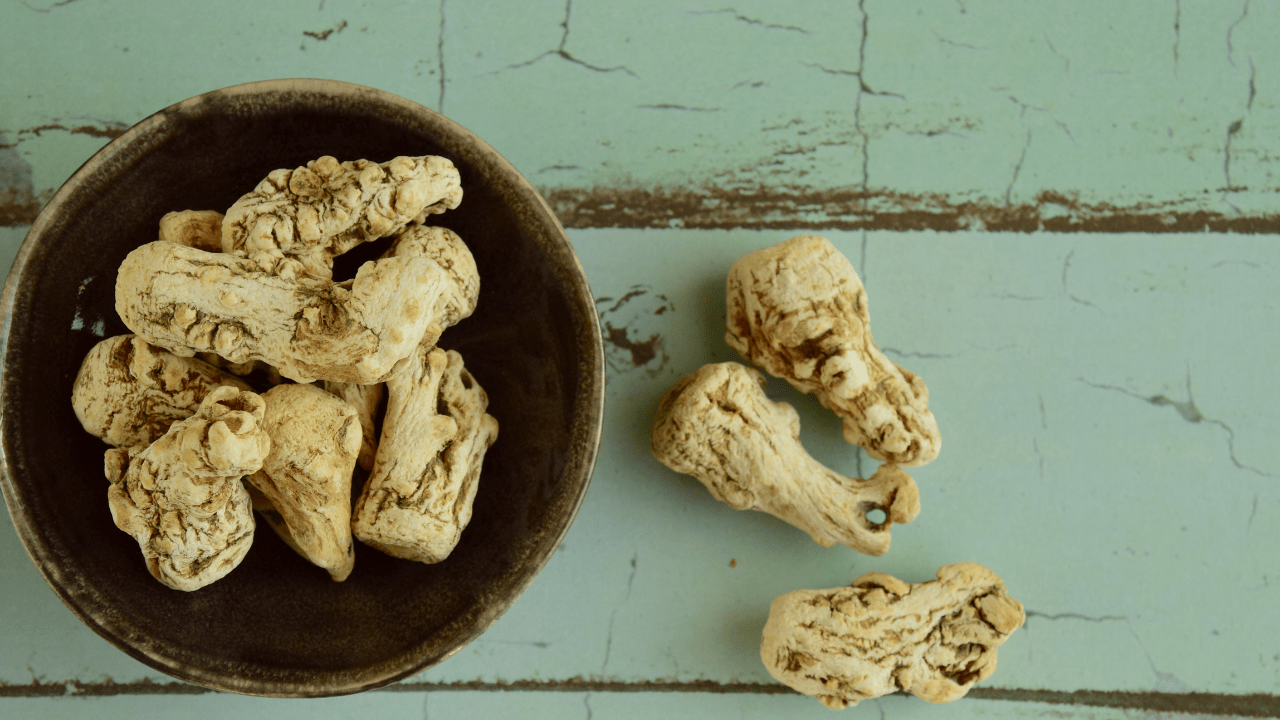
7. Dong Quai – The Female Ginseng
Dong Quai has been used in Traditional Chinese Medicine for centuries to support natural hormone balance in females.
- Menstrual & Menopause Relief: Helps regulate periods and reduce hot flashes.
- Blood Circulation: Supports healthy blood flow and relieves menstrual pain.
- Hormone Balance: Helps with estrogen regulation.
How to Use: Take as a supplement, tea, or tincture. Best combined with other hormone-supporting herbs.
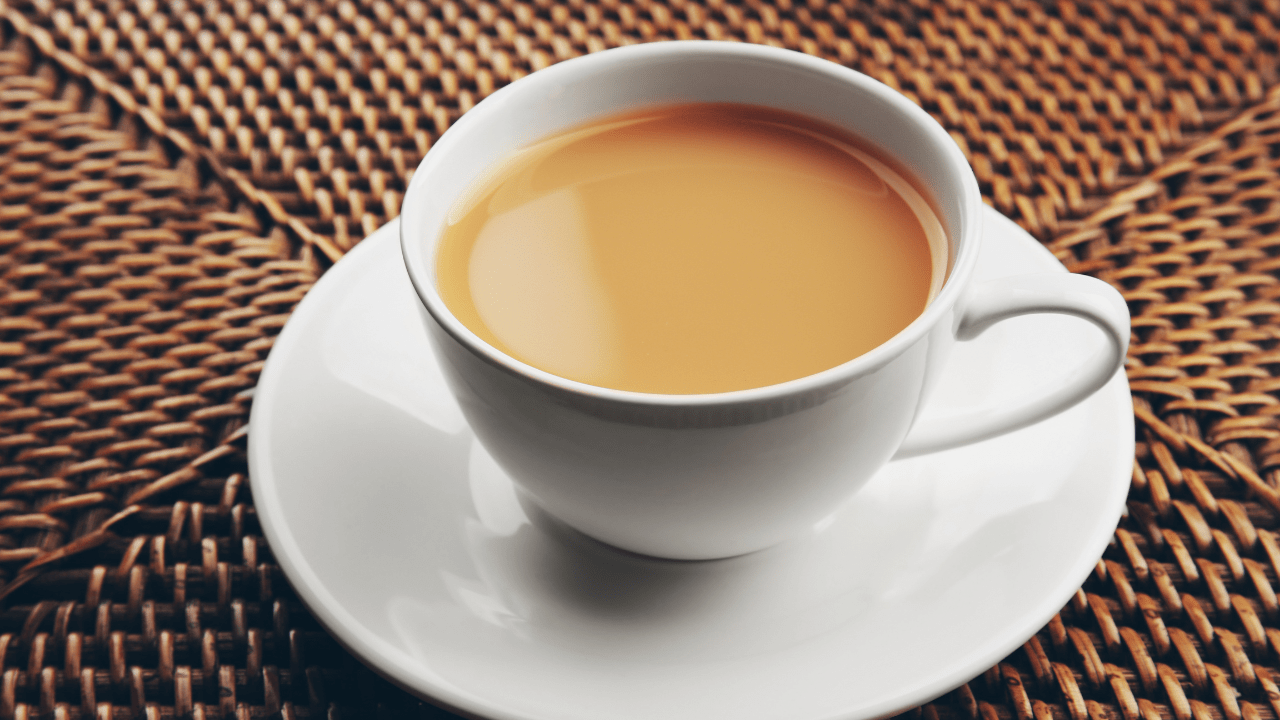
8. Shatavari – The Ultimate Female Tonic
Shatavari is an Ayurvedic herb that deeply nourishes the female reproductive system. It's great for assisting with natural hormone balance.
- Fertility & Libido: Enhances fertility and boosts libido.
- Hormonal Support: Helps balance estrogen levels naturally.
- Digestive Health: Soothes inflammation and supports gut health.
How to Use: Take in powder, tea, or capsule form. Mix with warm milk for a traditional Ayurvedic tonic.
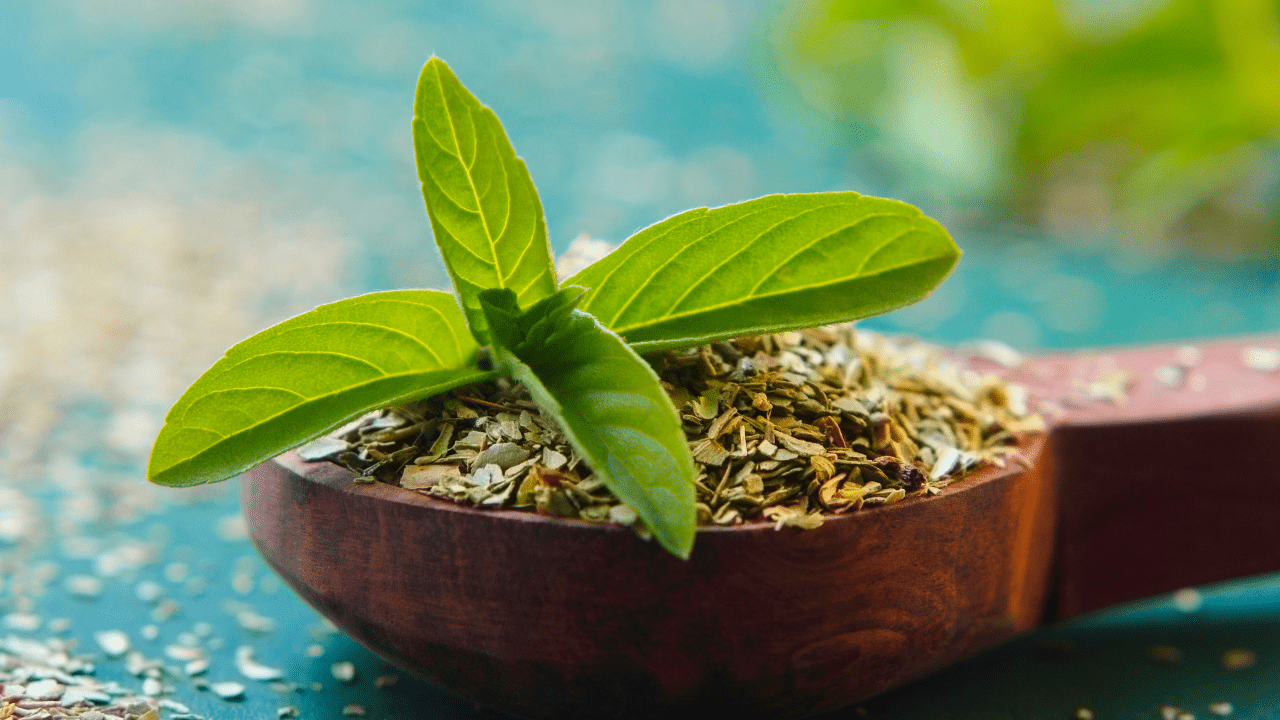
9. Holy Basil (Tulsi) – The Stress Reliever
Holy Basil is a powerful adaptogen that helps balance stress hormones and improve overall well-being.
- Reduces Cortisol: Lowers stress levels and supports adrenal health.
- Boosts Immunity: Strengthens the immune system and fights infections.
- Balances Blood Sugar: Helps stabilize blood sugar levels, reducing cravings and energy crashes.
How to Use: Brew as a tea, take in supplement form, or add fresh leaves to meals.
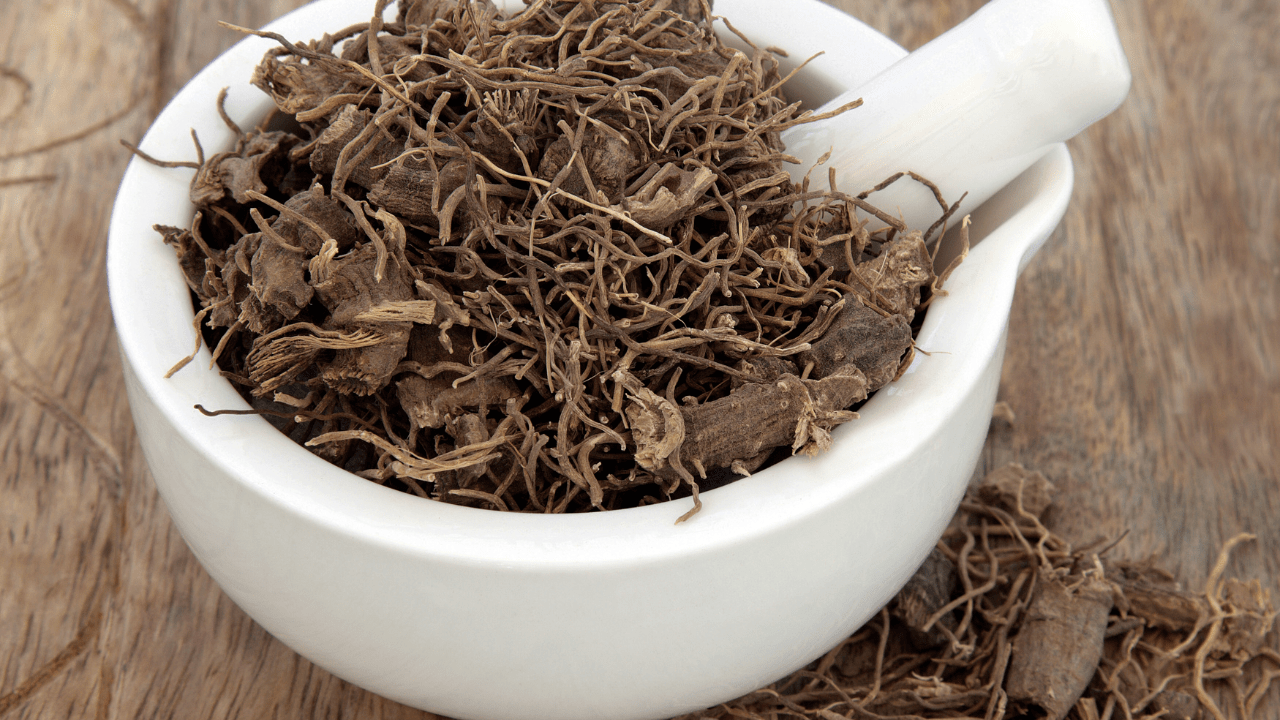
10. Black Cohosh – The Menopause Support Herb
Black cohosh is well-known for its effectiveness in easing menopausal symptoms.
- Hot Flashes & Night Sweats: Reduces the severity of menopause-related discomforts.
- Mood & Sleep: Helps alleviate anxiety, depression, and insomnia.
- Joint & Muscle Pain Relief: Eases inflammation-related aches and pains.
How to Use: Take black cohosh in supplement or tincture form for best results.
Conclusion
If you’re looking for natural hormone balance, these 10 healing herbs for women can play a role in helping you feel your best. Don't overlook natures hidden gems! Give one of these natural remedies a try and let me know how you do. Always consult with your medical doctor to ensure there are no contraindications with other medications or treatments you’re taking.
Which of these herbs have you tried? Let me know in the comments below!

FAQs Related To Natural Hormone Balance
Yes, herbs can be used to help balance hormones in women. There are several herbs that have been traditionally used for this purpose, such as:
1. Maca root: Maca is believed to help regulate hormone production and balance estrogen levels.
2. Dong Quai: Dong Quai is often used in traditional Chinese medicine to support hormonal balance and relieve symptoms of menopause.
3. Black cohosh: Black cohosh is commonly used by women experiencing menopausal symptoms, as it may help reduce hot flashes and night sweats.
4. Vitex (Chasteberry): Vitex is known for its ability to support healthy progesterone levels and regulate the menstrual cycle.
5. Evening primrose oil: This oil contains gamma-linolenic acid (GLA), which can be converted into substances that help regulate hormonal activity.
It's important to note that while many women find relief from using these herbs, individual results may vary. It's always a good idea to consult with a healthcare professional or herbalist before starting any new herbal regimen, especially if you have any pre-existing health conditions or are taking medications. They can help guide you in choosing the right herbs and dosage for your specific needs.
Some common healing herbs for women that are used to treat menstrual cramps and PMS symptoms include:
1. Ginger: Ginger has anti-inflammatory properties that can help relieve menstrual pain and reduce inflammation associated with PMS.
2. Chamomile: Chamomile has calming and soothing properties that can help relax the muscles and reduce menstrual cramps.
3. Peppermint: Peppermint has antispasmodic properties, which can help relax the muscles and ease menstrual cramps.
4. Dong Quai: Dong Quai is an herb commonly used in traditional Chinese medicine to regulate menstrual cycles and relieve menstrual pain.
5. Raspberry Leaf: Raspberry leaf is known for its toning effects on the uterus, which can help reduce menstrual cramps and regulate the menstrual cycle.
It's important to note that while these herbs may provide relief for some individuals, everyone's body is different, and it's always best to consult with a healthcare professional before using any new herbs or supplements, especially if you have any underlying health conditions or are taking other medications.
Using healing herbs for women's health can have many benefits, but it is important to be aware that there can also be potential side effects. While herbs are generally considered safe when used appropriately, they can interact with medications or have adverse effects in certain situations. It is always a good idea to consult with a healthcare professional or herbalist before starting any new herbal regimen, especially if you have any pre-existing health conditions, are pregnant or breastfeeding, or are taking medications. They can provide guidance on the appropriate herbs to use, potential interactions, and side effects, and help ensure that you are using them in a safe and effective manner. Remember, everyone's body is different, so what works well for one person may not work the same for another. By seeking professional advice and being cautious with your choices, you can enjoy the potential benefits of healing herbs while minimizing any potential risks.

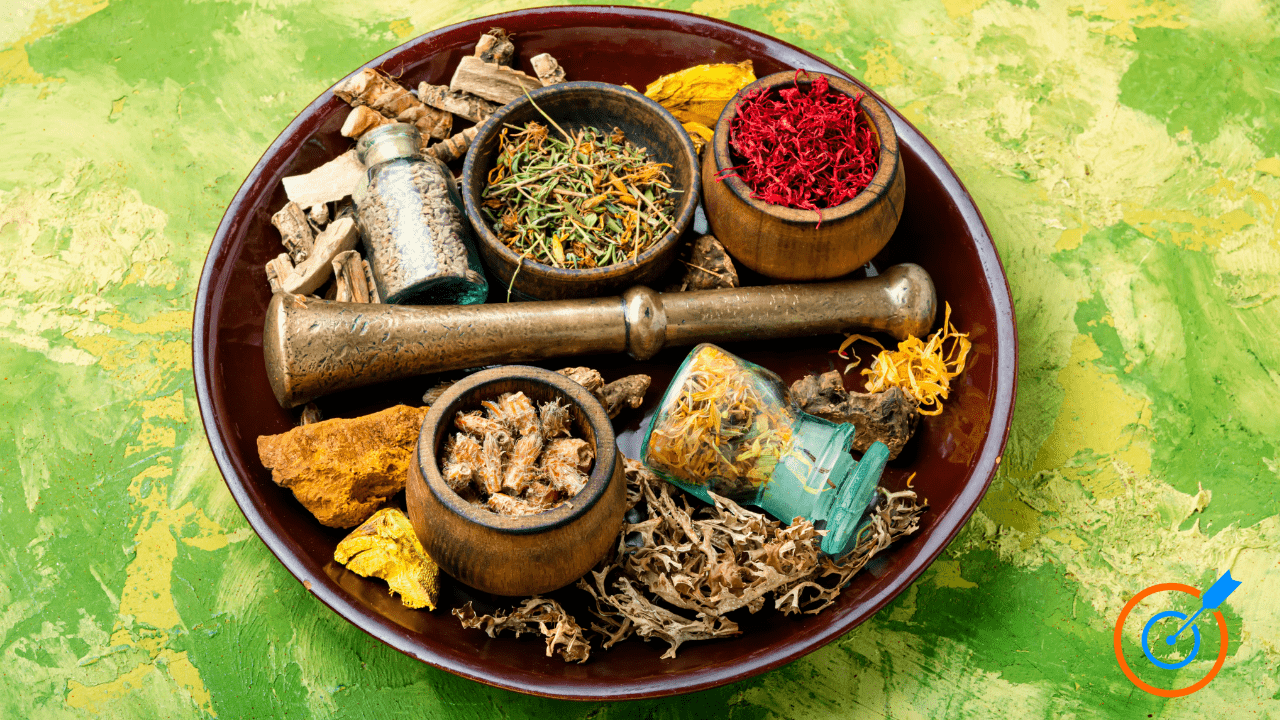


0 comments